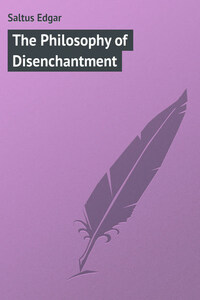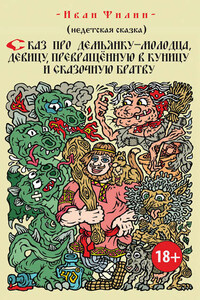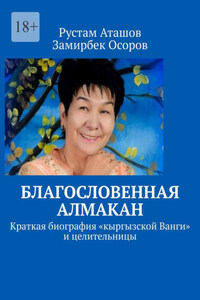When Harmon Incoul’s wife died, the world in which he lived said that he would not marry again. The bereavement which he had suffered was known to be bitter, and it was reported that he might betake himself to some foreign land. There was, for that matter, nothing to keep him at home. He was childless, his tastes were too simple to make it necessary for him to reside as he had, hitherto, in New York, and, moreover, he was a man whose wealth was proverbial. Had he so chosen, he had little else to do than to purchase a ticket and journey wheresoever he listed, and the knowledge of this ability may have been to him not without its consolations. Yet, if he attempted to map some plan, and think which spot he would prefer, he probably reflected that whatever place he might choose, he would, in the end, be not unlike the invalid who turns over in his bed, and then turns back again on finding the second position no better than the first. However fair another sky might be, it would not make his sorrow less acute.
He was then one of those men whose age is difficult to determine. He had married when quite young, and at the time of his widowerhood he must have been nearly forty, but years had treated him kindly. His hair, it is true, was inclined to scantiness, and his skin was etiolated, but he was not stout, his teeth were sound, he held himself well, and his eyes had not lost their lustre. At a distance, one might have thought him in the thirties, but in conversation his speech was so measured, and about his lips there was a compression such that the ordinary observer fancied him older than he really was.
His position was unexceptionable. He had inherited a mile of real estate in a populous part of New York, together with an accumulation of securities sufficient for the pay and maintenance of a small army. The foundations of this wealth had been laid by an ancestor, materially increased by his grandfather, and consolidated by his father, who had married a Miss Van Tromp, the ultimate descendant of the Dutch admiral.
His boyhood had not been happy. His father had been a lean, taciturn, unlovable man, rigid in principles, stern in manner, and unyielding in his adherence to the narrowest tenets of Presbyterianism. His mother had died while he was yet in the nursery, and, in the absence of any softening influence, the angles of his earliest nature were left in the rough.
At school, he manifested a vindictiveness of disposition which made him feared and disliked. One day, a comrade raised the lid of a desk adjoining his own. The raising of the lid was abrupt and possibly intentional. It jarred him in a task. The boy was dragged from him senseless and bleeding. In college, he became aggrieved at a tutor. For three weeks he had him shadowed, then, having discovered an irregularity in his private life, he caused to be laid before the faculty sufficient evidence to insure his removal. Meanwhile, acting presumably on the principle that an avowed hatred is powerless, he treated the tutor as though the grievance had been forgotten. A little later, owing to some act of riotous insubordination, he was himself expelled, and the expulsion seemed to have done him good. He went to Paris and listened decorously to lectures at the Sorbonne, after which he strayed to Heidelberg, where he sat out five semesters without fighting a duel or making himself ill with beer. In his fourth summer abroad, he met the young lady who became his wife. His father died, he returned to New York, and thereafter led a model existence.
He was proud of his wife and indulgent to her every wish. During the years that they lived together, there was no sign or rumor of the slightest disagreement. She was of a sweet and benevolent disposition, and though beyond a furtive coin he gave little to the poor, he encouraged her to donate liberally to the charities which she was solicited to assist. She was a woman with a quick sense of the beautiful, and in spite of the simplicity of his own tastes, he had a house on Madison avenue rebuilt and furnished in such a fashion that it was pointed out to strangers as one of the chief palaces of the city. She liked, moreover, to have her friends about her, and while he cared as much for society as he did for the negro minstrels, he insisted that she should give entertainments and fill the house with guests. In the winter succeeding the fifteenth anniversary of their marriage, Mrs. Incoul caught a chill, took to her bed and died, forty-eight hours later, of pneumonia.
It was then that the world said that he would not marry again. For two years he gave the world no reason to say otherwise, and for two years time hung heavy on his hands. He was an excellent chess-player, and interested in archæological pursuits, but beyond that his resources were limited. He was too energetic to be a dilettante, he had no taste for horseflesh, the game of speculation did not interest him, and his artistic tendencies were few. Now and then, a Mr. Blydenburg, a florid, talkative man, a widower like himself, came to him of an evening, and the chess-board was prepared. But practically his life was one of solitude, and the solitude grew irksome to him.














